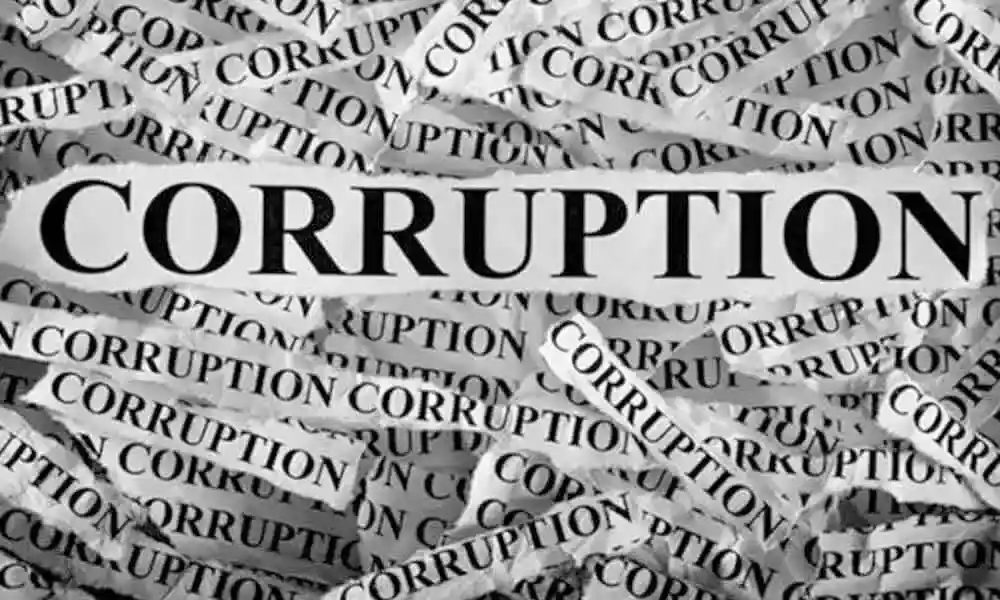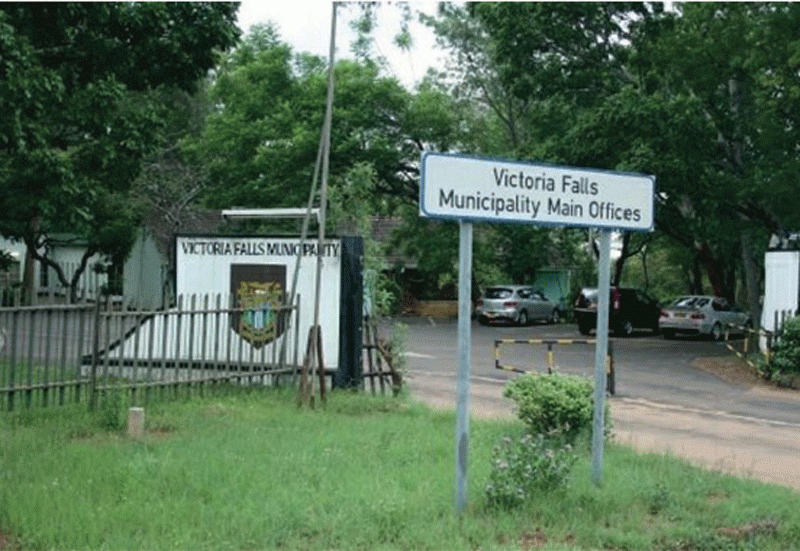
THE tragic report of four Zimbabwean women trapped in Russia — allegedly forced to work in a factory producing deadly drones for use in Ukraine — should jolt the nation into a serious conversation.
It is more than a humanitarian crisis.
It is the latest symptom of a country that has abandoned its own citizens.
The case of these women, reportedly victims of a transnational human trafficking ring, is not isolated.
The women represent thousands of Zimbabweans who wake up daily with one mission: To escape a country that offers them neither dignity nor opportunity.
Zimbabwe is bleeding its people — not through war or famine — but through economic neglect, political decay and an appalling leadership failure.
For a nation endowed with natural resources, fertile land, a youthful population and a strong work ethic, it is unconscionable that Zimbabwe remains trapped in a cycle of poverty and dysfunction.
What should be a middle-income economy, vibrant and self-sustaining is, instead, exporting its desperation.
- Mavhunga puts DeMbare into Chibuku quarterfinals
- Bulls to charge into Zimbabwe gold stocks
- Ndiraya concerned as goals dry up
- Letters: How solar power is transforming African farms
Keep Reading
That desperation is now being harvested by international criminals who prey on hope.
And at the end of the stick, as always, are women.
Young women in particular bear the brunt of Zimbabwe’s socio-economic collapse.
Lured by job offers abroad — some too good to be true — they risk falling into human trafficking networks, often forced into exploitative labour or sexual slavery.
It is a damning indictment on a government that has failed in its most basic duty: To create safe, decent and sustainable jobs at home.
While ordinary citizens struggle to feed their families, the ruling Zanu PF party continues to prioritise power over progress.
Corruption is no longer the exception; it is the system.
Cronyism dictates who gets a contract, a job or a promotion.
Service delivery, accountability and merit have become foreign concepts in public institutions.
Even in the private sector, unethical practices and poverty wages have become standard fare, further widening the gap between survival and opportunity.
Transnational organised crime thrives in environments where the State is too weak, too compromised or too complicit to act.
As the United Nations Office on Drugs and Crime warns, trafficking, smuggling and exploitation flourish when economies collapse, when borders are porous and when people lose hope.
But let us be clear: this is not an inevitable fate.
Zimbabwe has what it takes to build a thriving, equitable economy.
It has what it needs to become a middle-class nation in the blink of an eye — resources, talent, location and resilience.
What it lacks is political will.
What it lacks is leadership that puts people before party and public service before patronage.
Zimbabwe does not need more slogans or rallies.
It needs policies that prioritise job creation over political loyalty.
It needs institutions that reward merit, not proximity to power.
It needs a government that recognises the link between unemployment, trafficking, crime and national shame.
Until that happens, until the economy becomes functional and corruption is treated as a crime — not a career path — Zimbabweans will continue to flee.
And some, like the four women in Russia, may find that the escape is worse than the entrapment they fled at home.
The government must act now — not to save face, but to save lives.
Enough of the excuses. Enough of the decay.
A nation that drives its citizens into the hands of traffickers is a nation in moral free fall.
Only bold, honest and people-centred reforms can stop it.






